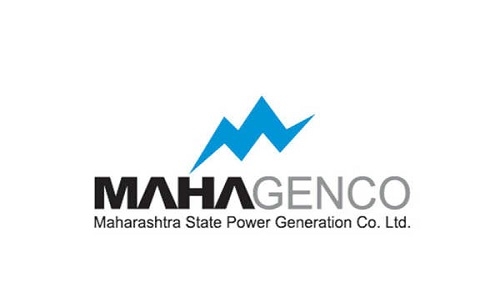CSE study in 2021 is based on old data, claims MahaGenco
| Date :02-Jun-2023 |

Staff Reporter
Maharashtra State Electricity Generation Company Limited (MahaGenco) has claimed that the study titled ‘Water - Insufficient Power - Implementing Water Norms and Zero Discharge in India’s Coal-Power Fleet’ conducted by Centre For Science and Environment (CSE), New Delhi, is based on old water consumption data. MahaGenco has taken a lot of effective steps to minimise fresh water usage in all its thermal power stations. The report published in The Hitavada on June 1 was based on the CSE study. Its finding stated, “Koradi, Chandrapur and Nashik Thermal Power Plants (TPPs) are the highest fresh water utilising TPPs in Maharashtra. Also, these three power plants are the most non-complying coal-based thermal power plants to curtail fresh water utilisation in the country.
Responding to the ‘The Hitavada’ report, MahaGenco admitted, “Although the specific water consumption of Nashik TPP is slightly higher than the norm. It is basically due to older installation of the unit and the poor water quality of Godavari river.” However, Chandrapur TPP will also be using sewage water for power generation ‘shortly’, MahaGenco stated. About Koradi TPP, MahaGenco stated, “Koradi TPP is using around 95% recycled water for power generation which it receives from Nagpur Municipal Corporation’s Bhandewadi sewage treatment plant.” It claimed, “This has saved precious Pench river fresh water which is now available for the drinking purpose to the residents of Nagpur city.”
It also claimed, “The recycling of water is one of the crucial steps which has curtailed fresh water uses and helped zero water discharge policy. Water uses is reviewed on monthly basis to effectively further reduce fresh water uses.”
According to Nagpur Municipal Corporation (NMC), Nagpur is generating 520 MLD sewage water every day in which the civic body is treating 409 MLD water per day. Among this treated water, MahaGenco is consuming around 330 MLD water every day for its Koradi and Khaperkheda thermal power plants.